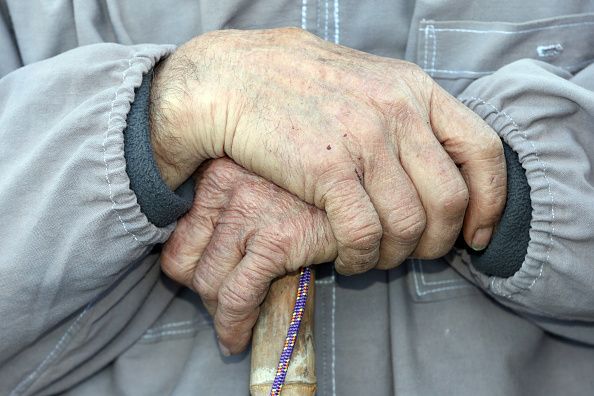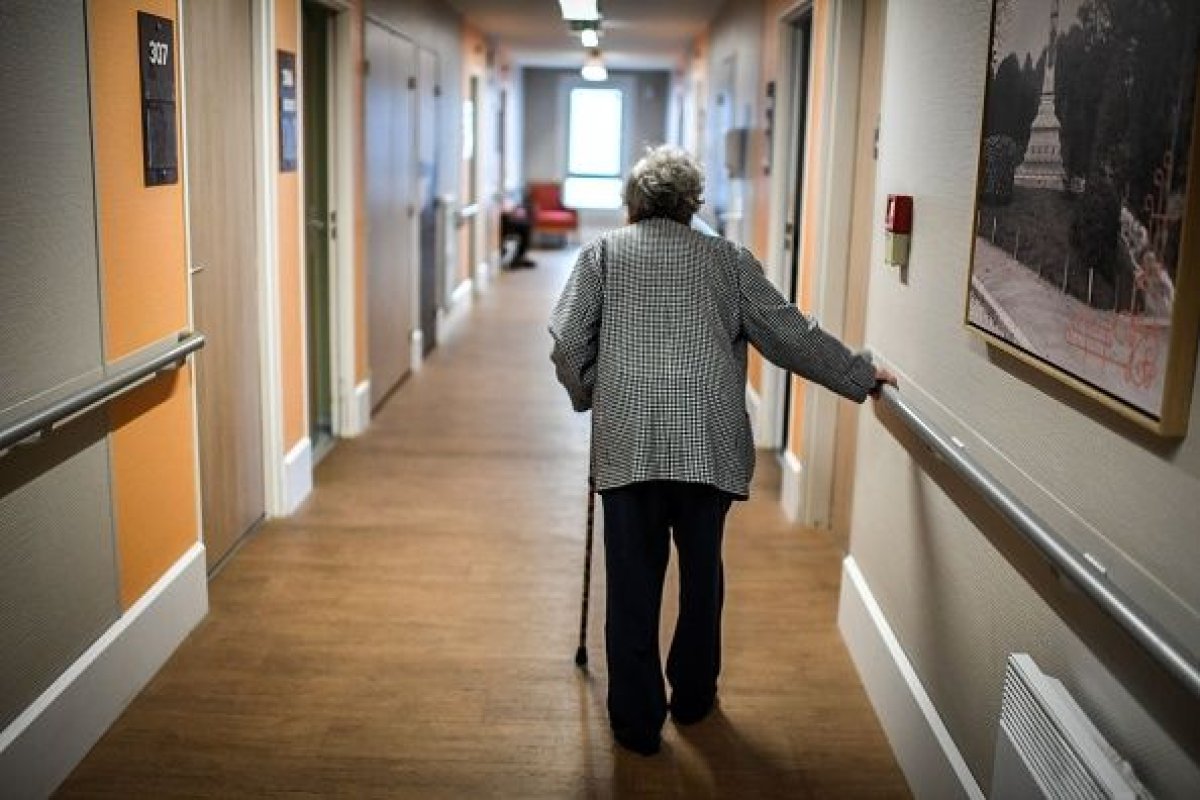
As people grow old, their bones tend to become brittle, their minds can become dull and their organs sometimes slowly fail. But scientists now think that these unpleasant side effects of aging can be stopped—at least in mice.
Researchers at the Mayo Clinic think they have identified a rogue cell, which works like a bacteria in the body, that could cause most age-related illnesses. These cells are called senescent cells, and they build up over time.
If someone has too many of them, these cells can refuse to die and go on a destructive rampage within the human body, killing other cells that they come in contact with. Mayo Clinic scientists found that they could destroy senescent cells to stop and even reverse the ill effects of aging in rodents. The findings published on Monday in Nature Medicine showed that the mice lived up to 36 percent longer.
"This is exciting research," said Felipe Sierra, director of the National Institute of Aging's Division of Aging Biology. "Additional research will be necessary to determine if compounds, like the one used in this study, are safe and effective in clinical trials with people."

The findings showed that the increase in life was due to delay in all age-related diseases. While the mice lived much longer, researchers found that they did not prolong the period of frailty at the end of life, lead author of the study, Dr. James Kirkland of the Mayo Clinic, told Newsweek.
"I think the main thing that we are trying to do is improve health, not lifespan. An increase in lifespan could be a nice side effect," said Kirkland.
During their research, Kirkland and his team first transplanted senescent cells into young mice. The transplanted cells were enough to age the rodents, making them slower, weaker and frailer within a few weeks. The researchers observed that even the rodents' own cells started to age prematurely.
The scientists then gave both the young mice with transplanted senescent cells and naturally old mice a drug cocktail of dasatinib, a leukemia drug, and quercetin, a plant compound found in some fruits and vegetables. The compounds killed the senescent cells to keep the animals from becoming prematurely slow and frail.
The naturally old mice, the equivalent of an 80 to 90-year-old people, that were given the drugs ran faster on a treadmill, clutched objects with a stronger grip and were more active overall. NIA Director Dr. Richard Hodes called this treatment "compelling evidence" that targeting senescent cells can delay age-related conditions in mice while leading to longevity and better health.
Although it is too early to tell if these drugs are effective in people, the researchers also were able to test the compounds on human fat tissue with promising results of the drugs killing senescent cells.
The researchers have approval from the U.S. Food and Drug Administration to begin clinical trials on humans. Within a few years, scientists should know if they have found a cure for age-related diseases, like the brittle bones that come with osteoporosis or the cognitive decline of Alzheimer's disease.
"One of the frustrating things in geriatrics is that you see all of these things happening to old people and there is very little you can do," said Kirkland.
"I think most geriatricians are tired of prescribing better walkers, wheelchairs and incontinence devices," he said. "...How can we add life to years, not necessarily years to life?"
Uncommon Knowledge
Newsweek is committed to challenging conventional wisdom and finding connections in the search for common ground.
Newsweek is committed to challenging conventional wisdom and finding connections in the search for common ground.
About the writer
Lisa Spear is a science writing fellow at Newsweek. She's previously contributed to a number of other outlets including Time and ... Read more
To read how Newsweek uses AI as a newsroom tool, Click here.








